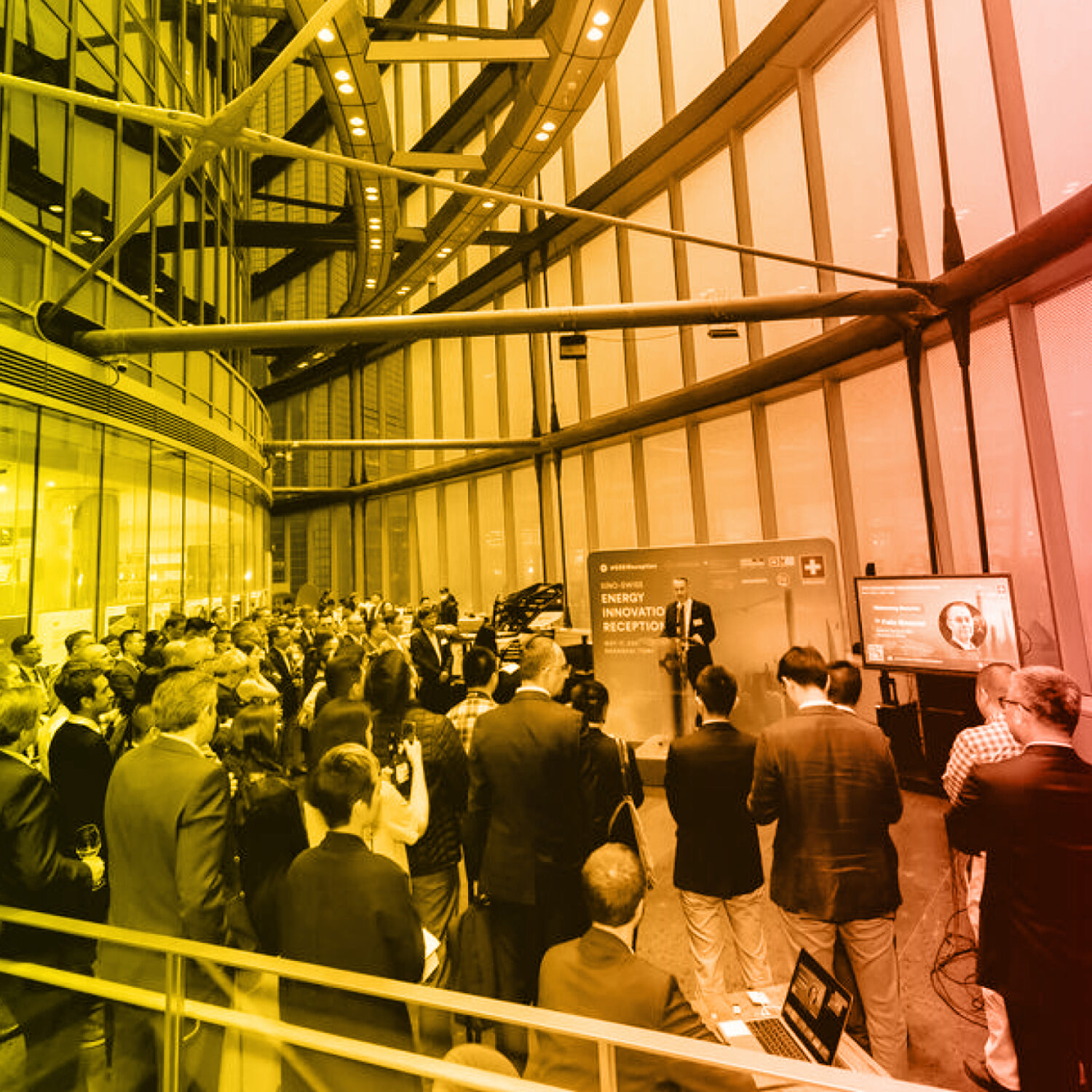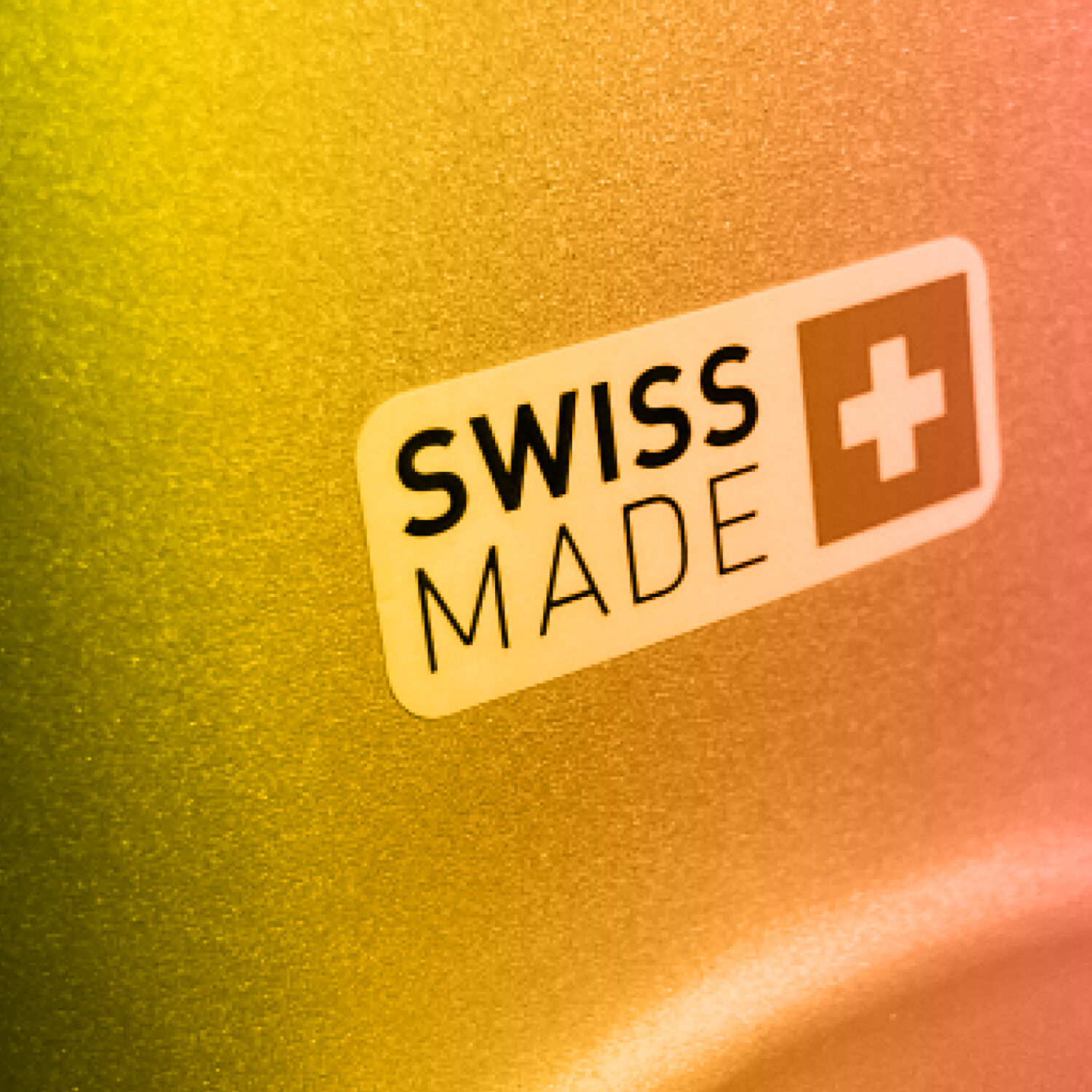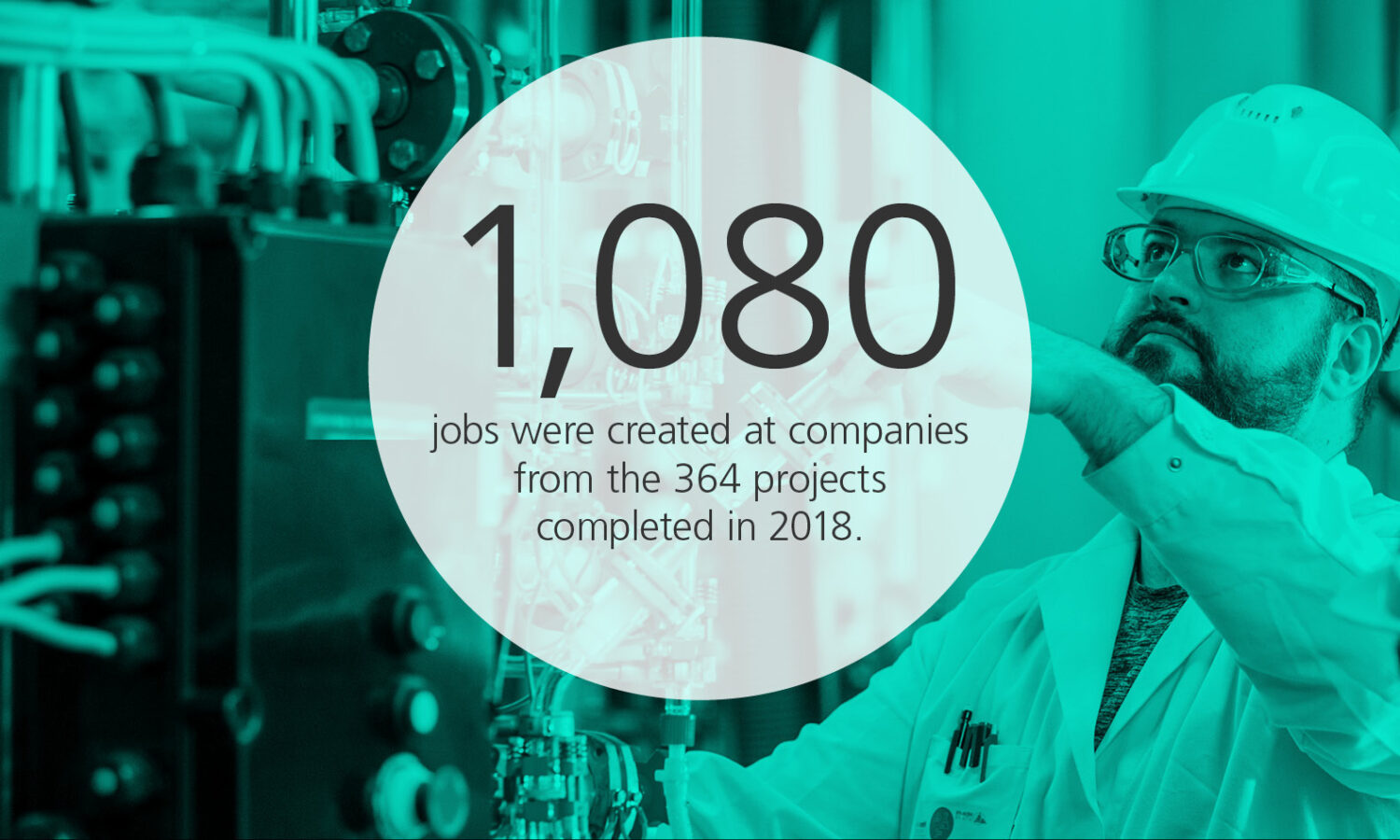Themed article
Exporting Swiss innovations
Gaining an international foothold with innovations from Switzerland
Switzerland has few natural resources. Switzerland’s gold is education, research and innovative development. “It is essential for a small landlocked country like Switzerland to continuously invest in brains, conduct cutting-edge research, develop innovative solutions and break new ground,” says Dr Felix Moesner, Consul and CEO of Swissnex in Japan. This strategy is working: for 11 years running, Switzerland has been the world’s most innovative country according to the Global Innovation Index (GII).
Despite top positions in international comparisons, Switzerland should not rest on its laurels, stresses Felix Moesner, who has been networking Swiss start-ups, companies and research institutes internationally for more than ten years for Swissnex and has a view of the Swiss innovation landscape from both inside and outside the country. “Innovation is our fuel – and we have to nurture it.” Other countries such as Sweden (2nd place in the GII) and the USA (3rd place) are hot on our heels.
Taking the leap into the big wide world
Switzerland’s high innovative strength and excellent framework conditions for business and research are optimal foundations for creating products and services to conquer the world from Switzerland. In addition, the Swiss market is limited due to its size.
In 2020, according to customs statistics, the Swiss economy shipped goods abroad for CHF 225 billion (excluding transit trade). Almost half of this amount relates to exports to EU countries. Switzerland’s main exports are products made by the chemical and pharmaceutical industries (52%), machinery (13%), watches (8%), and precision instruments (7%).
The Global Entrepreneurship Monitor (GEM) 2020/21 also shows that exports are a major topic for founders in this country. According to the survey, two-thirds of start-ups in Switzerland plan to generate sales abroad. In comparison with over 60 countries, Swiss start-ups are above average in terms of internationality.
International success with trainers and plant-based meat
The road from founding a company to successfully exporting to other countries is long – and hard. But many SMEs and start-ups supported by Innosuisse manage to become internationally successful relatively quickly from Switzerland. For example, the shoe manufacturer On, which is holding its own against international industry giants with its innovative running shoes. Or the young Zurich-based start-up Planted, which offers sustainable meat alternatives made from plants. The start-up had barely been founded when it ventured into Europe – with stunning success.
Margaux Peltier, CEO of Enerdrape, also sees great potential to launch her sustainable energy solution abroad one day. The EPFL spin-off has developed special panels that can use geothermal heat and waste heat to heat or cool buildings. “Our technology is mature enough to expand abroad immediately, but we still need time for its successful commercialisation.”
Even though the start-up is still being built, various companies in France, the United Kingdom, Canada, the Netherlands, the USA and Germany have already shown interest in their idea. Margaux Peltier: “In Switzerland, innovation has high priority. This is very important during development and also for entering the market. But to be successful internationally in the longer term, it’s also important to look for the right partners abroad.”
Getting a flying start into foreign markets
Finding the right partners internationally is something Innosuisse helps with – with various services such as networking with international players. For example, the Enterprise Europe Network (EEN) supports companies in finding targeted international partners. Start-ups can also take part in international trade fairs and internationalisation camps in various countries around the world. Oxyle and Art Recognition are just two examples of companies that Innosuisse has supported in this way.
To meet the growing demand for internationalisation, two new camps have just been opened in South Korea and Japan. The Market Entry Camp in Japan, like most of the other 11 sites, is under the management of Swissnex. As an official network of the Swiss government, Swissnex helps Swiss start-ups gain a foothold in foreign markets. The co-initiator and operator of the Japan Camp, Felix Moesner, has been stunned by the demand: “In the few months since we opened, we have been overrun by Japanese investors and venture arms of companies looking to invest in Swiss start-ups. We are overwhelmed by the huge interest.”
Many Japanese companies have a big financial cushion, Moesner says. “They are eager to invest in innovation projects to capture new trends and strengthen their reservoir of innovations. In addition, start-ups that represent Swiss values have similar values and the same high standards. And that’s exactly what impresses the Japanese. What counts for them is not quantity, but quality.”
Swiss indication of origin as a bonus point
And the “Swiss brand” stands for this quality. Goods and services can be successfully marketed worldwide under the “Swissness” label. Swiss companies have been noted for their precision and reliability for decades.
For a good or service to be labelled “Swiss,” at least 60 per cent of the manufacturing costs must be incurred in Switzerland. “This includes, for example, the cost of materials and production, but also research and development costs,” explains Dr Thierry Calame, member of the Board of Directors of Innosuisse and an expert in trademark and patent law. In addition, the activity that gives the product its “essential characteristic” must also be carried out in Switzerland. “It’s relatively difficult to calculate the “Swissness share”. But at the end of the day, it’s always about not misleading or deceiving the consumer.”
Craftsmanship instead of high-tech products – the problem of the clichéd image of Switzerland
Expanding out of Switzerland can be a challenge, especially for technology companies. This is because, in contrast to international comparisons and studies, Switzerland is often not yet perceived by the general population as an innovative country – especially in markets that are further away.
Felix Moesner has had this experience in the USA, China and Japan. In contrast to the educated, mobile and English-speaking elite, who have a more nuanced image of Swiss strengths, the superficial perception of the wider public is dominated by the traditional values and clichés of Switzerland: an unspoilt nature, reliability, security, neutrality and prosperity.
The general image of clichéd Switzerland does not reflect the fact that the nation is one of the most innovative in the world and exceptional in the science and technology sector. This is also confirmed by data from the Anholt-Ipsos Nation Brand Index (NBI), which compares the brand image of 60 nations worldwide. In the index, where the population of 20 countries is surveyed online, Switzerland does not make the top rankings for export products and innovative strength.
Showing itself as a modern country
To be a successful exporter of innovation, it is important that Switzerland increasingly presents itself as a progressive and modern country. One of the next opportunities will be the 2025 World Expo in Osaka. The Swiss pavilion will have the motto “Innovative Switzerland”. Examples from research and business will be used to show how Switzerland’s innovative strength contributes to prosperity and sustainability. This can also be combined with current clichéd views, Moesner stresses. “The fact that the Japanese population associates Switzerland with fresh air is in itself a very positive thing. It shows that we put value on nature, taking care of it and trying to be sustainable with our scarce resources.”


